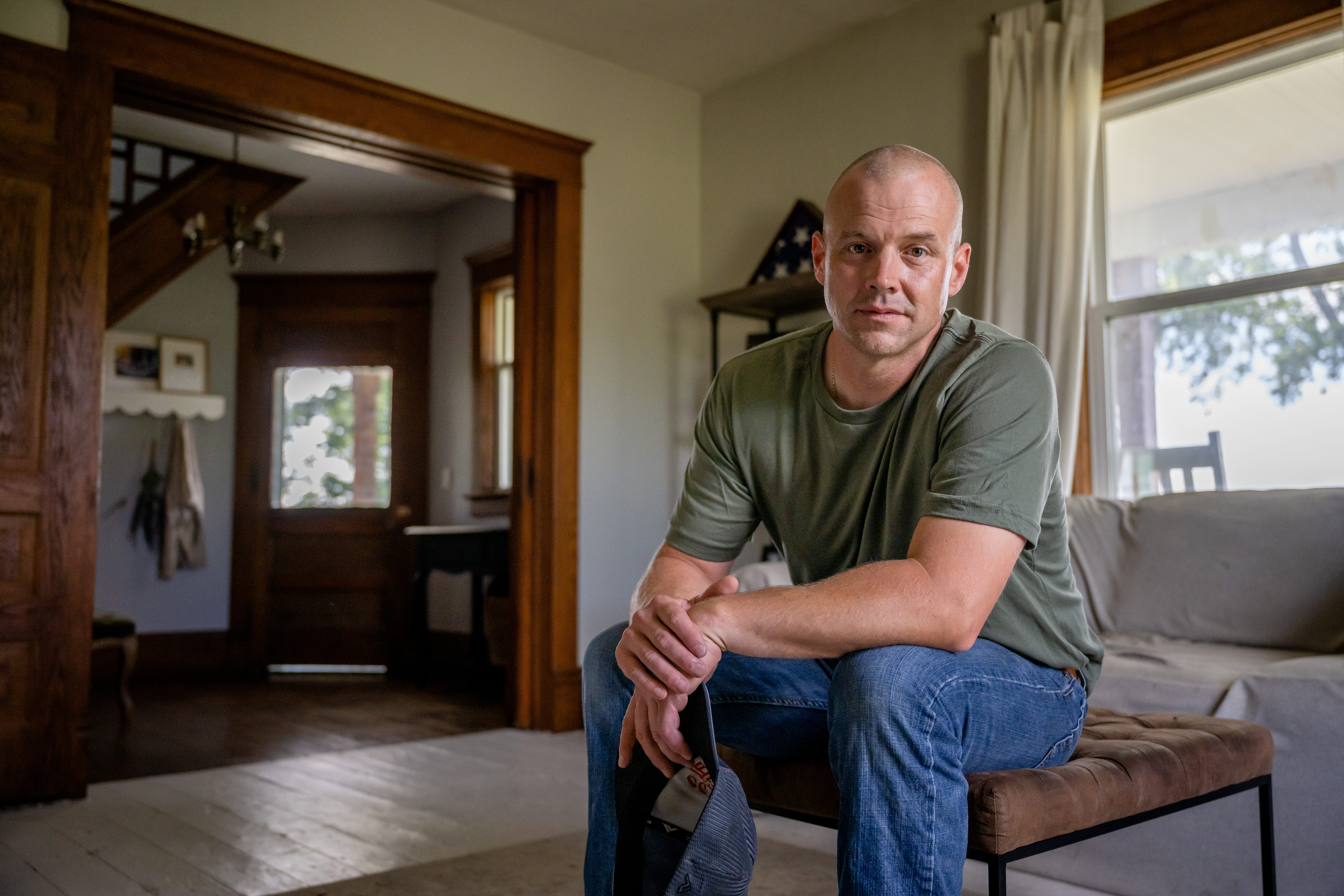Dissociative Disorder Treatment in Atlanta, Georgia
Dissociative Disorder Treatment
- Resilience Behavioral Health of Georgia
- What We Treat
- Dissociative Disorders
Struggling with dissociative disorders? Need immediate help? Let the dissociative disorder treatment program in Atlanta at Resilience Behavioral Health help you find lasting solutions.

Treating Dissociative Disorders in Atlanta, Georgia
Restoring Your Reality & Life
Dissociative disorders encompass a variety of mental health conditions characterized by disruptions or breakdowns in memory, awareness, identity, or perception. Individuals struggling with dissociation might feel detached from themselves or their environment, often as a coping mechanism in response to trauma. At Resilience Behavioral Health in Atlanta, comprehensive treatment approaches are employed to help individuals heal, understand their condition, and reclaim their lives.














Most Insurance Can Pay for up to 100% of the cost of treatment
We Work With Most MajorInsurance Companies
We understand the financial challenges of seeking treatment for mental health & substance abuse issues. Our team is committed to working with your insurance provider to assess your needs and benefits, ensuring you get the best possible care without added financial stress. Contact us today to find the right treatment plan for you.
How It Impacts your life
Understanding Dissociative Disorders
Dissociative disorders include conditions such as Dissociative Identity Disorder (DID), Dissociative Amnesia, and Depersonalization/Derealization Disorder. These disorders can significantly impact daily functioning, making the need for specialized and empathetic treatment paramount.
Dissociative Identity Disorder (DID) is characterized by the presence of two or more distinct identity states, each with its own pattern of perceiving and interacting with the world. Dissociative Amnesia involves an inability to recall important personal information, often related to stress or trauma, beyond ordinary forgetfulness. Depersonalization/Derealization Disorder involves persistent feelings of being detached from one’s body or environment.

get immediate help right now - let us give you a call
Request a 100% Confidential Callback
What Does Dissociative Disorder Look Like?
The Signs & Symptoms of Dissociative Disorder
Dissociative disorders are a group of mental health conditions characterized by disruptions in consciousness, memory, identity, and perception. Here are some common signs and symptoms associated with dissociative disorders:
- Dissociation: A primary symptom, dissociation refers to a disconnection from thoughts, feelings, memories, or sense of identity. Individuals may feel detached from themselves or their surroundings.
- Memory Loss: People with dissociative disorders often experience gaps in their memory, particularly concerning personal information or traumatic events. This may include not remembering significant life events or periods of time.
- Depersonalization: This symptom involves feeling detached from one’s own body or thoughts, as if observing oneself from outside. Individuals may describe this as feeling like they are in a dream or watching themselves in a movie.
- Derealization: Individuals may feel as if their surroundings are unreal or distorted. This can lead to a sense of detachment from the external world, making it feel strange or unfamiliar.
- Identity Confusion: Some people with dissociative disorders may struggle with a fragmented or unstable sense of identity. They might feel like they have multiple identities or experience confusion about who they are.
- Sudden Behavioral Changes: Individuals may exhibit sudden changes in behavior or mood, including acting in ways that seem inconsistent with their usual personality. These shifts can be distressing and confusing.
- Emotional Numbness: Many individuals with dissociative disorders report feeling emotionally numb or disconnected from their feelings, making it challenging to engage with others or fully experience life.
- Anxiety and Depression: Dissociative disorders often co-occur with other mental health conditions, such as anxiety disorders or depression, leading to additional symptoms like persistent sadness, hopelessness, or panic attacks.
- Difficulty with Relationships: The symptoms of dissociative disorders can strain personal relationships, making it hard for individuals to connect with others or maintain stable relationships.
Recognizing these signs and symptoms is crucial for seeking appropriate treatment and support. Therapy, particularly trauma-focused therapy, can help individuals process their experiences, integrate their identities, and develop healthier coping mechanisms.
Can Treatment Help?
Find Treatment & Therapy for Dissociation in Atlanta, Georgia
Resilience Behavioral Health is a mental health treatment facility that specializes in treating a wide range of mental health conditions, including dissociative disorders. The facility is known for its patient-centered approach, integrating evidence-based practices with compassionate care to foster healing and personal growth. Their therapy for dissociation in Atlanta stands as a premier treatment option for those looking to overcome trauma and anxiety.
Recognizing that each individual experiences dissociation differently, Resilience Behavioral Health emphasizes personalized treatment plans. These plans may include a combination of the following therapeutic modalities:
- Psychotherapy:
- Cognitive Behavioral Therapy (CBT): Helps patients identify and challenge distorted thoughts and beliefs related to their dissociation and trauma.
- Dialectical Behavior Therapy (DBT): Focuses on cultivating mindfulness, emotional regulation, and distress tolerance, enhancing the patient’s ability to manage emotions without dissociating.
- Trauma-Focused Therapy: Specifically designed to help individuals process and heal from traumatic experiences that may have led to dissociation.
- Medications: In some cases, medications such as antidepressants or anxiolytics may be prescribed to address co-occurring symptoms like depression or anxiety.
- Group Therapy: Provides a supportive environment where individuals can share experiences, gain insights, and develop coping strategies from peer interactions.
- Family Therapy: Incorporates family members into the treatment process to improve communication, understanding, and support within the familial unit.
- Creative Therapies: Art therapy, music therapy, and other expressive therapies can facilitate emotional expression and healing, especially when traditional verbal communication is challenging.
A fundamental aspect of treating dissociative disorders at Resilience Behavioral Health is the implementation of trauma-informed care. This approach acknowledges the profound impact of trauma on individuals’ lives and aims to create a therapeutic environment that is safe, supportive, and empowering. Clinicians are trained to recognize the signs and symptoms of trauma and to integrate this understanding into treatment practices, ensuring that patients feel secure and respected throughout their healing journey.
Education is a cornerstone of the treatment process at Resilience Behavioral Health. Patients and their families are provided with comprehensive psychoeducation to better understand the nature of dissociative disorders, the effects of trauma, and the workings of the human mind. This knowledge empowers patients to actively participate in their recovery and fosters empathy and support among family members.
Mindfulness and relaxation techniques are integral components of the dissociative disorder treatment Atlanta program. These practices help individuals cultivate awareness of their thoughts and feelings, reduce stress, and stay grounded in the present moment. Techniques such as deep breathing exercises, progressive muscle relaxation, and guided imagery are taught to patients, equipping them with practical tools to manage dissociative symptoms.
A unique aspect of Resilience Behavioral Health’s approach to dissociative disorder treatment in Georgia is the emphasis on community integration. They understand that recovery doesn’t end within the confines of the therapy room. The facility offers resources and support for re-integrating into the community, whether that includes vocational training, educational support, or establishing connections with local support groups and resources in Atlanta.
The holistic approach at Resilience Behavioral Health means that treatment is not limited to addressing dissociative symptoms alone. The facility promotes overall health and wellness, considering physical, emotional, and social aspects of well-being. This might include nutritional counseling, physical fitness programs, and recreational activities that encourage a balanced and fulfilling lifestyle.
why do i need treatment?
The Importance of Professional Treatment for Dissociative Disorders in Atlanta
Recognizing these signs and symptoms is essential for seeking appropriate help. Treatment often involves therapy, particularly cognitive-behavioral therapy (CBT), to address the underlying issues and develop healthier coping strategies for managing possessions.
Professional treatment for dissociative disorders is essential for several reasons, as these conditions can severely affect a person’s mental, emotional, and social well-being. Dissociative disorders, including Dissociative Identity Disorder (DID), Dissociative Amnesia, and Depersonalization/Derealization Disorder, are often linked to past trauma, and without proper treatment, symptoms can become more intense and disruptive over time.
First and foremost, professional treatment helps individuals regain a sense of control over their lives. Dissociative disorders are often marked by memory gaps, identity confusion, and feelings of detachment from reality, which can leave individuals feeling lost and unable to cope with daily life. Therapeutic interventions, such as trauma-focused therapy and Cognitive Behavioral Therapy (CBT), can provide individuals with the tools to manage symptoms, address underlying trauma, and reintegrate fragmented parts of their identity.
In addition to emotional and psychological relief, professional treatment can improve overall functioning in relationships, work, and daily activities. Left untreated, dissociative disorders can lead to social isolation, difficulties maintaining employment, and strained relationships due to erratic behavior or emotional detachment. Therapy helps individuals reconnect with their emotions, improve interpersonal communication, and build healthier coping mechanisms. Ultimately, seeking professional treatment is crucial to achieving long-term stability and improving the quality of life for those affected by dissociative disorders.
let's start with a simple conversation.
The Healing You Need isJust a Phone Call Away...
Contact us today to speak to someone who understands what you or your loved one is going through. Get a free assessment and experience the difference of expert and compassionate behavioral healthcare in Atlanta, Georgia.
wellness awaits you
Find Compassionate Dissociative Disorder Treatment in Atlanta
Dissociative disorders present complex challenges, but with the right treatment, individuals can achieve significant improvement in their quality of life. Resilience Behavioral Health’s dissociative disorder treatment Atlanta stands out as a compassionate and effective option for those struggling with these conditions. Through a combination of comprehensive assessment, personalized treatment plans, trauma-informed care, and holistic wellness approaches, they empower individuals to reclaim their lives and build a resilient future.
For anyone grappling with dissociation, seeking specialized help can be a life-changing step. Resilience Behavioral Health offers a safe, supportive, and scientifically-informed environment where healing and personal growth are made possible. If you or a loved one is dealing with a dissociative disorder, reaching out to professionals at Resilience Behavioral Health could be the first step towards a healthier and more fulfilling life.


